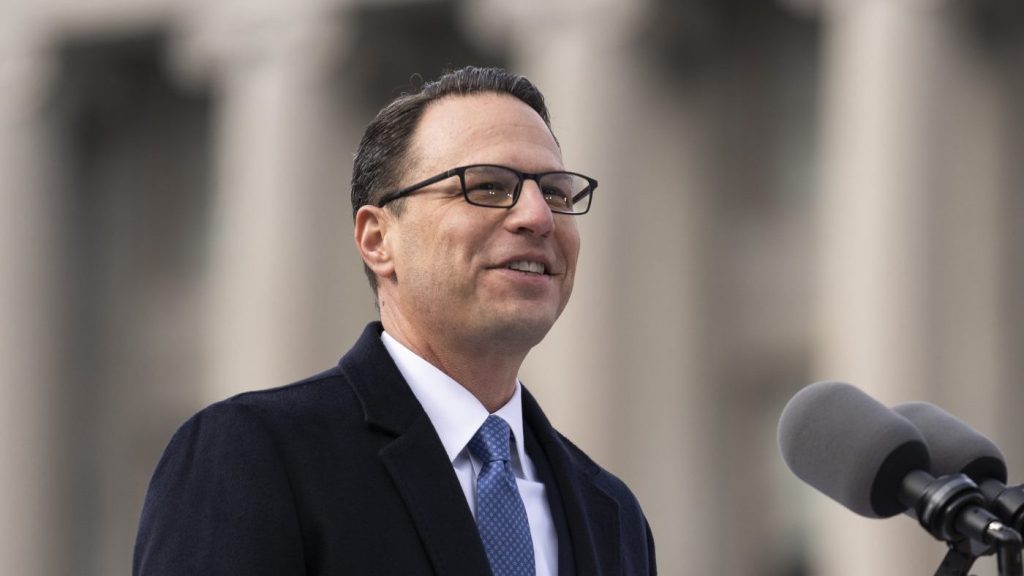Pennsylvania's Governor Josh Shapiro (D) has given his support for a carbon-trading market within the state, while expressing doubt about a similar regional market that was favored by the previous governor.
During a speech in Scranton, Shapiro backed a pending state legislation to establish a statewide carbon-capping market. This initiative aims to fund rebates for electricity users and renewable projects in Pennsylvania.
Shapiro stated, “We will not take direction from anyone outside of this commonwealth. This initiative will be established and run by us. We will set our own cap and price. We won’t have any other state determining what is right for us in Pennsylvania.”
The proposal seeks to replace Pennsylvania's participation in the Regional Greenhouse Gas Initiative (RGGI) with a new program called the Pennsylvania Climate Emissions Reduction Act.
Shapiro’s predecessor, Gov. Tom Wolf (D), had joined RGGI during his term, making Pennsylvania the first major fossil fuel-producing state to do so. However, a ruling in November sided with Republicans in the state Senate, stating that the state Department of Environmental Protection lacks the authority to collect revenues under the program.
Shapiro also revealed a new requirement for the state, mandating that at least 50 percent of consumer electricity come from renewables. This marks the first update in over 20 years to the current standard, which only mandates 18 percent renewable electricity.
Shapiro stated, “Pennsylvania is falling behind in the race to create clean and reliable energy — and we must take action to be more competitive, ensure our consumers pay less for their electricity bills, and create more jobs and opportunities for our businesses to grow and our workers to get ahead.”
In a statement on Wednesday, Conservation Voters of Pennsylvania Executive Director Molly Parzen praised the new renewable energy standard but expressed concerns about completely leaving RGGI.
“RGGI has a 15-year track record of reducing carbon pollution while investing billions of dollars in expanded clean energy,” she said in a statement. “Any new plan that is adopted must provide at least the same benefits to the environment and to our communities as RGGI.”









